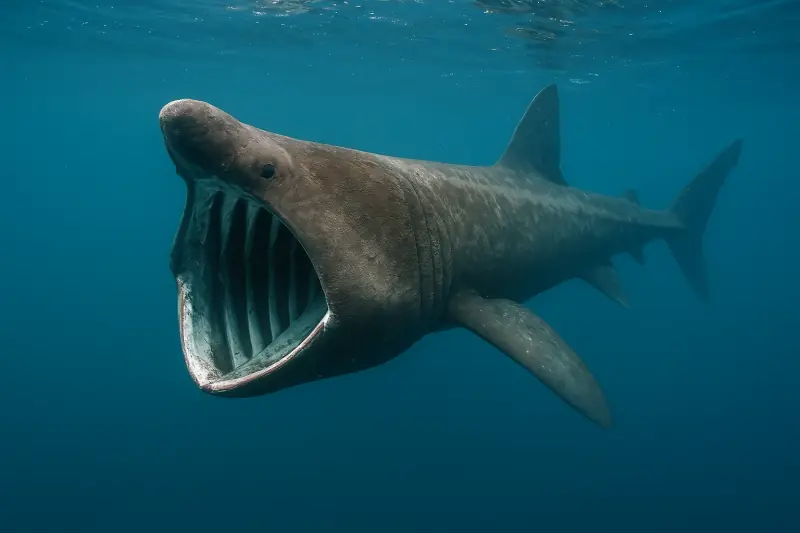Pakistan is preparing to roll out a national action plan aimed at safeguarding vulnerable shark species in the Arabian Sea, the Ministry of Maritime Affairs announced on Saturday, marking a significant step toward sustainable marine management and alignment with global conservation standards.
The federal government would consult with relevant stakeholders, including provincial governments of Sindh and Balochistan for the national plan, the ministry said.
“Continued catching of banned sharks, including requiem, hammerhead, thresher, mackerel, and whale sharks, threatens both marine biodiversity and Pakistan’s international conservation commitments,” Maritime Affairs minister Muhammad Junaid Anwar Chaudhry was quoted as saying in the statement.
The minister highlighted government’s commitment to sustainable marine practices and meeting global conservation standards.
He informed that Basking Shark, a highly migratory species in the Arabian Sea, was classified as endangered on the International Union for Conservation of Nature (IUCN) Red List.
“This species is particularly vulnerable to human threats like fishing net entanglement and boat collisions, worsened by its slow growth and low reproduction rates.”
The federal minister stressed that “urgent, well-planned action is needed to protect the country’s marine ecosystem”.
Ongoing “unsustainable fishing practices” involving the said species could harm not only the environment but also seafood trade by damaging the country’s international reputation, he warned.
The minister said Food and Agriculture Organization (FAO) International Plan of Action for Conservation and Management of Sharks (IPOA-Sharks) encouraged nations to adopt national plans for shark conservation and management, minimize waste, and promote sustainable fishing practices.
“Responsible management of marine resources must come first, with stronger measures to protect vulnerable and banned shark species.”
He said the ministry would collect detailed feedback from the provinces about the current standard operating procedures for protecting banned and vulnerable sharks, and on the existing monitoring and enforcement efforts to prevent illegal catch and ensure law compliance.
Highlighting the need for joint federal and provincial action, he said improved monitoring, enforcement, and public awareness were critical to ending overfishing of the shark populations.
The minister also urged provincial fisheries departments to share information about their awareness and training programmes aimed at fishers and stakeholders, focusing on identifying shark species and following conservation rules.
He also emphasised a review of the technologies and policies used to track shark bycatch and landings to improve data accuracy and transparency.
Junaid Anwar instructed the Marine Fisheries Department to start discussions with key institutions such as the Sindh Marine and Coastal Fisheries Development office, Balochistan Fisheries Department, Quetta and Korangi Fish Harbour Authorities, and relevant livestock and fisheries departments.
“These consultations will help create a unified strategy to protect shark populations while ensuring Pakistan’s fishing industry meets international sustainability standards”, the minister said.
Pakistan government has recently stepped up efforts to protect marine biodiversity.
Last week, Maritime Affairs ministry announced Rs90 million project aimed at protecting endangered sea turtles during shrimp trawling operations, in a bid to promote marine biodiversity and revive Pakistan’s access to premium seafood export markets.
The ministry also announced plans to hold the Pakistan Maritime Investment Conference 2025, aimed at showcasing a wide range of investment opportunities in the maritime sector.


